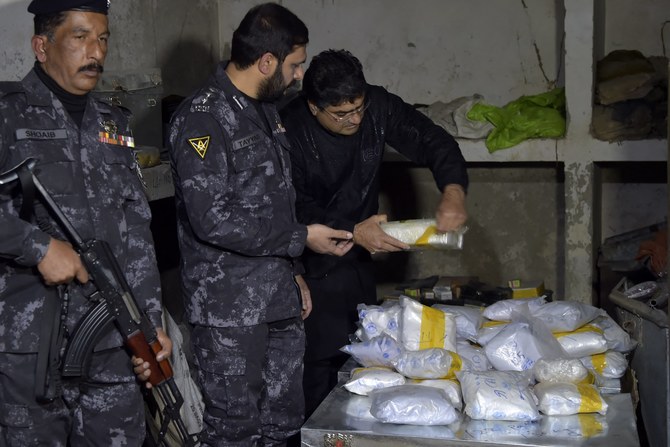On September 15, Pakistan’s Anti-Narcotics Force (ANF) carried out a major operation at the Torkham border, recovering 17.5 kilograms of heroin and 4.5 kilograms of crystal meth from a truck disguised as carrying beehives. The haul was valued at nearly Rs 246 million. The driver, a resident of Nangarhar, Afghanistan, was arrested and charged under the Anti-Narcotics Act.
This incident is a stark reminder of why strict border controls and checkpoints are vital. Every time voices are raised against security checks and in favor of “free movement” across the Pakistan-Afghanistan border, they echo the interests of criminal networks that thrive on smuggling and terror financing.
Drug smuggling is not just a standalone crime, it is the financial backbone of a much larger crime-terror nexus. The profits fund terrorism, fuel illegal arms trade, empower organized crime, and simultaneously poison Pakistan’s youth with narcotics. These networks extend across both sides of the border, making border monitoring a frontline defense for national security.
Yet, whenever the state intensifies its crackdown, vested interests attempt to sabotage these efforts through political pressure and manipulative narratives. Those who oppose checkpoints are not defending “human convenience”; they are indirectly protecting the mafias and networks that profit from Pakistan’s destabilization.
The Torkham drug bust is more than just a law enforcement success. It is a warning shot against all those who push for unchecked cross-border movement. Pakistan’s borders cannot be left open for smugglers and terrorists under any pretext. National security must come before personal or political interests.


